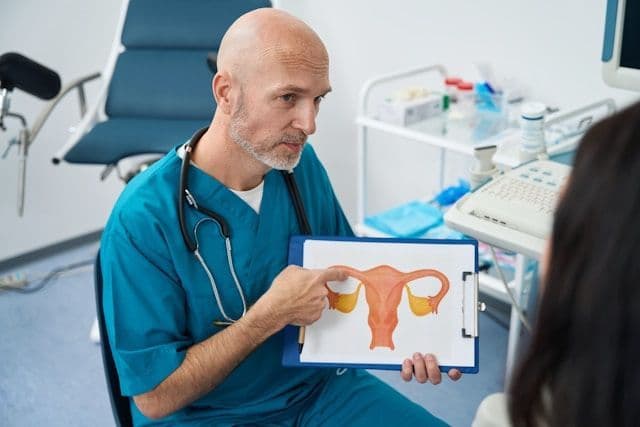Fibroid Removal May Prevent Recurring Miscarriage
Fertility and Infertility News
Obie Editorial Team

Understanding the Role of Fibroids in Recurrent Miscarriages
Hello, and welcome to an enlightening journey into the connection between fibroids and recurrent miscarriages. Today, we're diving into insights from a compelling study published in the journal Human Reproduction that offers hope and actionable steps for women who experience recurrent miscarriages.
The Impact of Fibroids on Uterine Health
For years, many have believed that fibroids – small growths within the uterus – are generally harmless. However, cutting-edge research indicates otherwise, suggesting that fibroids can indeed distort the uterine lining, potentially leading to recurrent miscarriages. The exciting news is that removal of these fibroids might help restore the uterus to its normal shape, thereby reducing the risk of future miscarriages.
The Pioneering Study
A passionate team of researchers at the University of Sheffield, in collaboration with Sheffield Hospital, conducted an extensive 20-year study to understand this connection better. They managed to identify a method that could potentially eliminate the risk of second trimester miscarriages. While the link between fibroids and spontaneous miscarriage was known, a revelation emerged: fibroids may also be implicated in recurring miscarriages.
Key Findings
In their study, about 1,000 women who had experienced more than three consecutive miscarriages participated. Among them, roughly 80 were found to have fibroids in the uterus, equating to 8.2% of these women. Out of this group, 25 women opted for surgical removal of the fibroids. Before this intervention, 22% of pregnancies ended in second trimester miscarriages. After the surgical procedure, a heartening 0% of their subsequent pregnancies experienced second trimester miscarriages. These promising results suggest that fibroid removal may significantly boost pregnancy success rates.
A Path Forward
While the research offers a beacon of hope for those with fibroids, it's crucial to acknowledge that many women in the study facing recurrent miscarriages did not have fibroids. Thus, ongoing work is essential to uncover other potential causes. Despite this, the research underscores the importance of a healthy uterus in achieving successful pregnancies.
Looking Ahead
While further research with a larger group of participants is necessary to corroborate these findings, there's a sense of optimism among doctors and researchers that fibroid removal could play a significant role in enhancing pregnancy outcomes. For individuals and couples on this journey, this study reinforces the power of informed healthcare decisions and the critical importance of individualized medical consultation.
Together, through research and proactive healthcare choices, we are paving the way toward healthier pregnancies and brighter futures.
Source: Sotirios H. Saravelos, Junhao Yan, Hassan Rehmani, Tin-Chiu Li. European Society of Human Reproduction and Embryology. 28 September, 2011.








